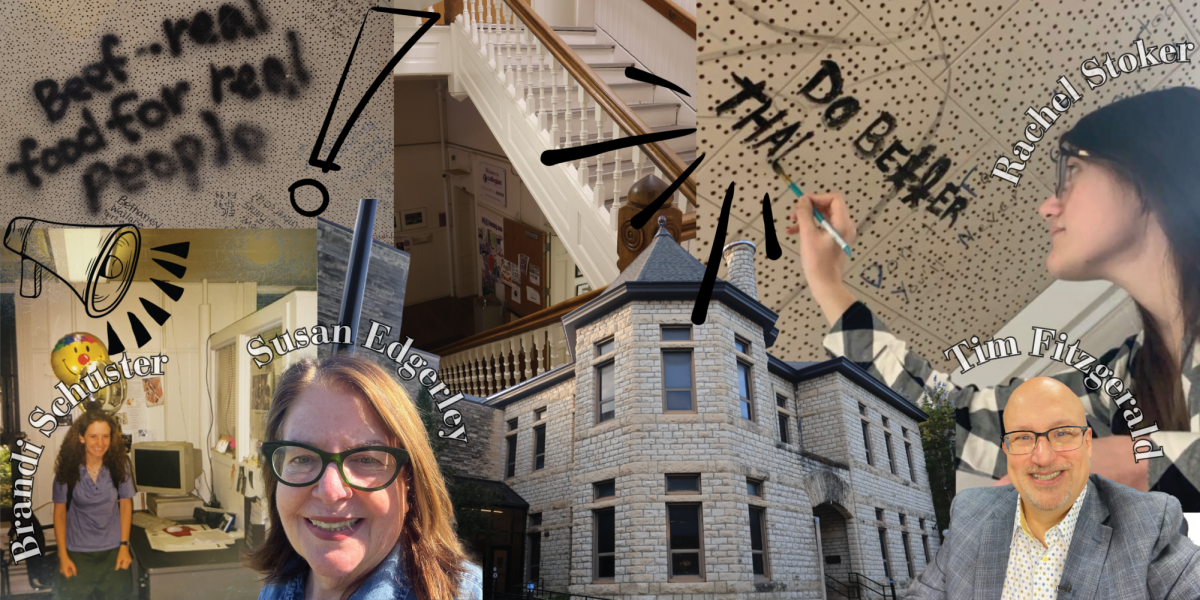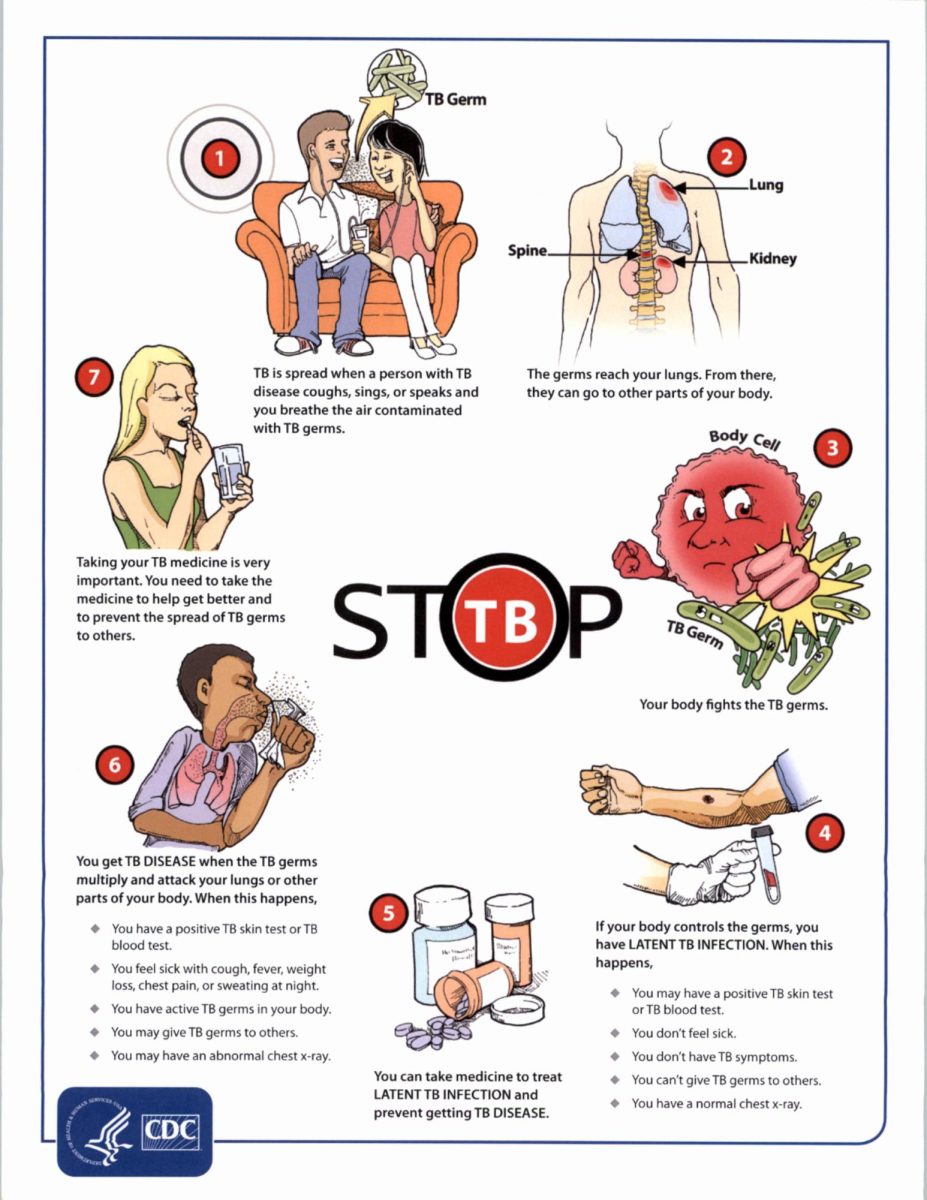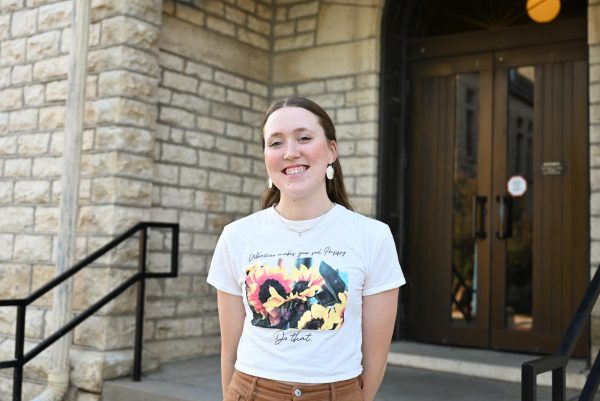A Kansas State student tested positive for tuberculosis — the first active case at the university in several years. According to the Kansas Department of Health and Environment, this infection is one of 88 active cases in Kansas.
Tuberculosis is caused by bacteria, usually affecting the lungs. Lafene medical director Michael Campbell said there are two types of TB: active TB, which can be spread, and latent TB, which is inactive and doesn’t spread.
“It [active TB] can affect other sites of your body,” Campbell said. “So your skin, your brain, your kidneys — other places in the body can be infected. But for someone to transmit it to someone else, it has to be a lung infection, what we call respiratory tuberculosis, respiratory TB … you can have TB infections of other sites besides the lungs, but those are not able to be passed on to other people. ”
To make TB transferable a person has to have prolonged, close contact with another person.
“This has to be for hours at a time, typically, inside close contact with somebody else who is speaking, coughing, laughing, sneezing and putting those tuberculosis particles out into the air,” Campbell said. “It can take three to eight weeks to test positive. So it’s something that doesn’t happen right away, even if somebody does get it … this is very much different than like the COVID-19 pandemic that we’ve all went through. Tuberculosis doesn’t spread as well because it takes hours of exposure inside to somebody.”
Campbell said Lafene is working to help prevent spread of the infection.
“So the vast majority of people will not be considered close contacts and will be considered very low risk,” Campbell said. “If they are deemed to be close contacts we ask for them to watch out for their symptoms. … We are working with the Riley County Health Department to make sure we [Lafene] understand who are the close contacts … doing tracing, and then they will help notify us if any of those people are deemed close contacts.”
Campbell said the biggest goal for Lafene and RCHD is education.
“We want to get the message out there of what tuberculosis is and that it’s something that people should be aware of but not necessarily concerned that they are high-risk unless they have been deemed a close contact,” Campbell said. “If they are a close contact and have symptoms of TB, they should let Lafene know. Even if you haven’t been considered a close contact, if someone is ill, they should notify Lafene and we can help them get better.”
Campbell said students should continue to “live their normal lives.”
“If they have not been considered a close contact, they really don’t need to do anything different on a day-to-day basis,” Campbell said.
For more information about tuberculosis, Lafene encourages students to visit its website or continue their research on the CDC website.























































































































